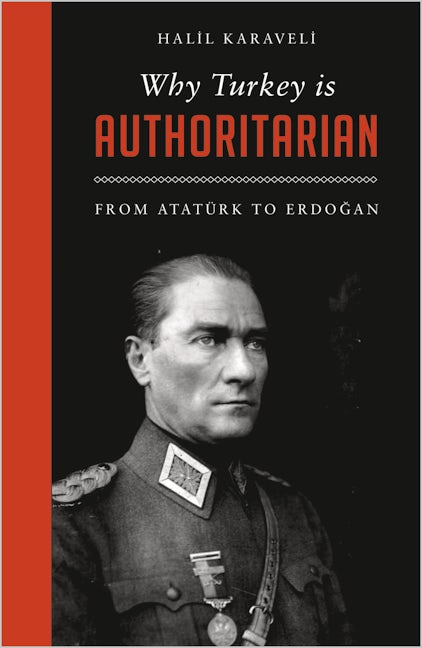
This book goes beyond cultural categories that overshadow more complex realities when thinking about the 'Muslim world', while highlighting the ways in which these cultural prejudices have informed ideological positions. Karaveli argues that Turkey's culture and identity have disabled the Left, which has largely been unable to transcend these divisions.
This book asks the crucial question: why does democracy continue to elude Turkey? Ultimately, Karaveli argues that Turkish history is instructive for a left that faces the global challenge of a rising populist right, which succeeds in mobilising culture and identity to its own purposes.
Published in partnership with the Left Book Club.
Halil Karaveli is a Senior Fellow at the Central Asia-Caucasus Institute and Silk Road Studies Program Joint Center, a US-Swedish think tank, and the editor of the Turkey Analyst. His articles have also appeared in the New York Times, Foreign Affairs and the National Interest. He is the author of Why Turkey is Authoritarian (Pluto, 2018).
Timeline
List of Illustrations
Introduction
1. A Pattern of Violence
2. Kemalism and the Left
3. Capitalist Foundation
4. How the Right Won the People
5. Social Democratic Hope
6. Vengeance of the Right
7. The Rise of the Islamists
Epilogue: Class, Identity and Democracy
Afterword: Attacking the Kurds - The 'Return' of Kemalism
Notes
Bibliography
Index
eBook ISBN: 9781786802668
129mm x 198mm

